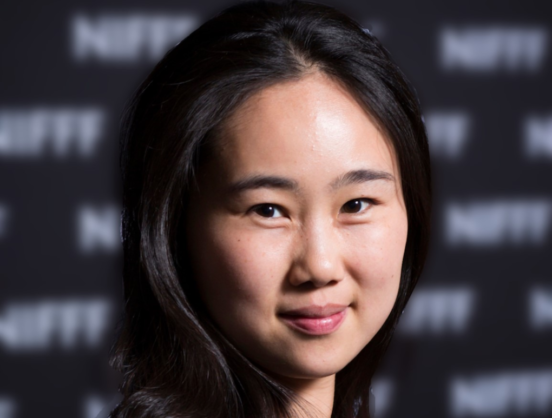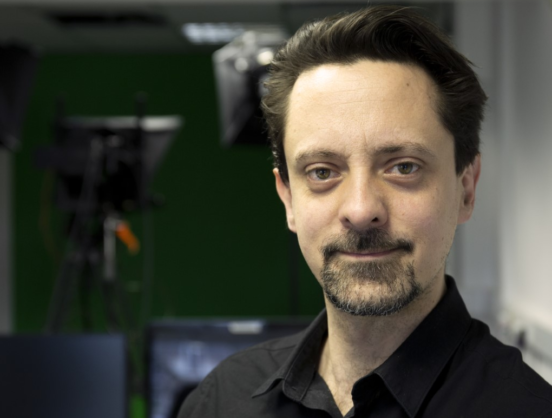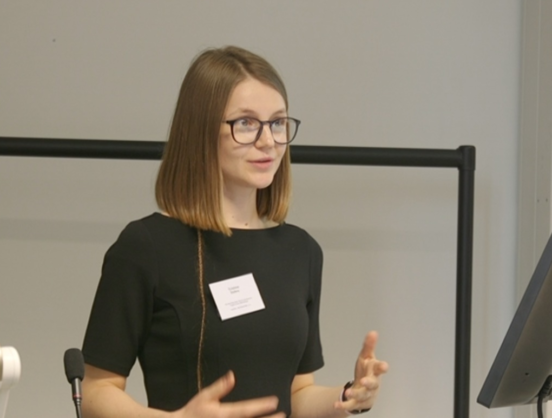Leading immersive experts, Dr Sylvia Pan, Dr Marco Gillies and Cristina Dobre from Goldsmiths, University of London explore the potential and challenges of combining virtual reality and artificial intelligence.
Our ability to create believable social experiences in immersive technology has always been at the heart of many different application areas: such as social skills training, psychotherapy for mental disorders, and for entertainment such as gaming.
One of the biggest challenges in this area is to design computer generated virtual agents which give users the illusion that they are socially responding to them, just like real humans do. This is in particular relevant in immersive applications where psychological illusions (such as place illusion and plausibility illusion) play a key role in the actual experience itself, which could be easily broken by unrealistic and artificial responses from virtual agents regardless of the level of immersion afforded by the hardware.
In this webinar the Goldsmiths team present their research in user experiences in VR, explore how to combine AI and VR, and share a case study where they developed an AI framework for detecting complex social signals used to drive characters in narrative VR games for the consumer market.
About our speakers

Dr Sylvia Pan
Dr Sylvia Pan is a Lecturer in Virtual Reality. She has a PhD in VR and an MSc in Graphics from Computer Science, UCL, and a BEng in Computer Science from Beihang University, China. Working in VR for more than 15 years she developed a unique interdisciplinary research profile with journal and conference publications in both VR technology and social neuroscience. Her work in training and education in VR has been featured multiple times in the media, including BBC Horizon and the New Scientist magazine. She is the director of MA/MSc Virtual And Augmented Reality at Goldsmiths.

Dr Marco Gillies
Dr Marco Gillies is a Reader in Computing at Goldsmiths University of London. Before joining Goldsmiths he completed a PhD at the University of Cambridge and worked as a research at University College London. He has over 20 years experience of research in immersive media and related fields. His work combines virtual reality with machine learning and HCI. He has a long history of interdisciplinary research and teaching, including founding programmes such as BSc Creative Computing and BSc Digital Arts Computing. In 2019 he has co-founded a new Masters in Virtual and Augmented Reality.

Cristina Dobre
Cristina Dobre is a PhD student at Computing, Goldsmiths, University of London. Her research interest is on creating machine learning models from multimodal datasets to detect various nonverbal signals and to drive autonomous agents in Virtual Reality environments. Recently, she collaborated with two game studios (Maze Theory and Dream Reality Interactive) to conceptualise an AI framework for driving Virtual Agents in narrative VR games. She also worked with the University of Oxford on animating virtual characters for VR applications using both maker and markerless motion capture data. She won the first prize in the HTC Vive Developer Hackathon (Jan 2020), where her team developed a virtual character for an active listening training application in VR.